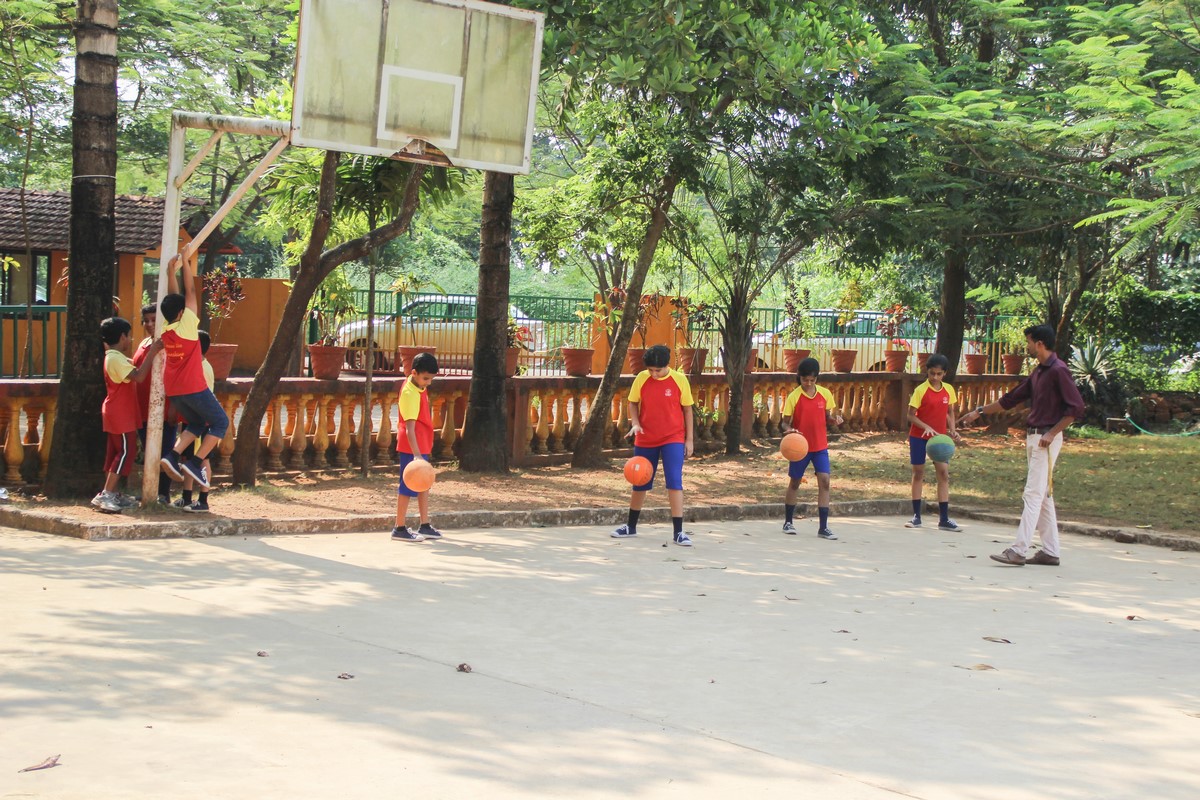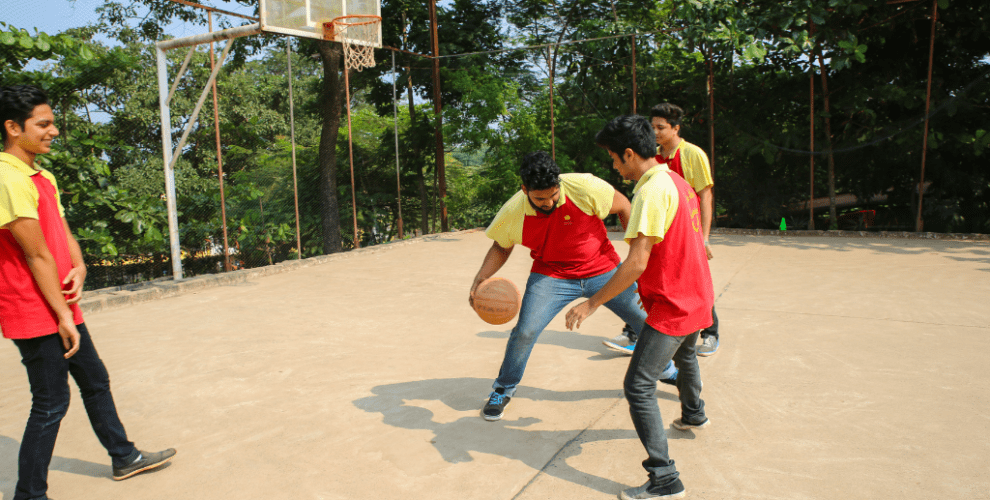Games are essential for a child’s development. It comes with many elements that aid students in their studies. Games are an excellent opportunity for children to put their abilities and knowledge into action in real-life situations. Learning is usually more enjoyable when there is a sense of fun involved. Educational games have been utilized in learning at a number of CBSE School in Goa. It is challenging for kindergarten schools in Goa to hold on to the attention span of children in school. Games help make learning more interesting and exciting for children. As a result, games have played an important role in their education.
Here are some ways how games can enhance the learning process:
 Children are increasingly interested in games-based activities. They are the key to keeping students motivated and attentive. Students are excited to get involved and learn more. As a result of their increased attention, they are more focused. Competition and teamwork naturally inspire children, which can motivate them to grasp less popular subjects like algebra, and game-based learning can significantly interest students in the topic.
Children are increasingly interested in games-based activities. They are the key to keeping students motivated and attentive. Students are excited to get involved and learn more. As a result of their increased attention, they are more focused. Competition and teamwork naturally inspire children, which can motivate them to grasp less popular subjects like algebra, and game-based learning can significantly interest students in the topic.
 Games help children develop problem-solving abilities by encouraging them to try out new things. If you give kids a puzzle game, for example, they’ll keep trying new things until they figure out what works. Children’s confidence is boosted through trial and error in games, which helps them prepare for real-life difficulties. Games teach kids to think outside the box and make quick decisions.
Games help children develop problem-solving abilities by encouraging them to try out new things. If you give kids a puzzle game, for example, they’ll keep trying new things until they figure out what works. Children’s confidence is boosted through trial and error in games, which helps them prepare for real-life difficulties. Games teach kids to think outside the box and make quick decisions.
Motivation
 Children are increasingly interested in games-based activities. They are the key to keeping students motivated and attentive. Students are excited to get involved and learn more. As a result of their increased attention, they are more focused. Competition and teamwork naturally inspire children, which can motivate them to grasp less popular subjects like algebra, and game-based learning can significantly interest students in the topic.
Children are increasingly interested in games-based activities. They are the key to keeping students motivated and attentive. Students are excited to get involved and learn more. As a result of their increased attention, they are more focused. Competition and teamwork naturally inspire children, which can motivate them to grasp less popular subjects like algebra, and game-based learning can significantly interest students in the topic.
Attentiveness
Every student has a limited attention span; however, games to play aid brain development by increasing attention span and making children more vigilant. Children are accustomed to the traditional method of learning; but, when games are incorporated into the learning process, they become enthralled by something new that is occurring and become riveted to and more interested in the class.Problem Solving
 Games help children develop problem-solving abilities by encouraging them to try out new things. If you give kids a puzzle game, for example, they’ll keep trying new things until they figure out what works. Children’s confidence is boosted through trial and error in games, which helps them prepare for real-life difficulties. Games teach kids to think outside the box and make quick decisions.
Games help children develop problem-solving abilities by encouraging them to try out new things. If you give kids a puzzle game, for example, they’ll keep trying new things until they figure out what works. Children’s confidence is boosted through trial and error in games, which helps them prepare for real-life difficulties. Games teach kids to think outside the box and make quick decisions.


Leave a Reply